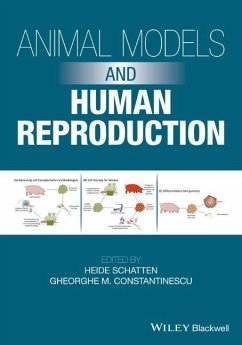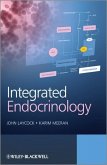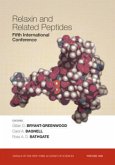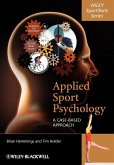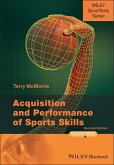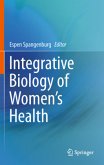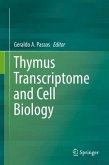Our knowledge of reproductive biology has increased enormously in recent years on cellular, molecular, and genetic levels, leading to significant breakthroughs that have directly benefitted in vitro fertilization (IVF) and other assisted reproductive technologies (ART) in humans and animal systems.
Animal Models and Human Reproduction presents a comprehensive reference that reflects the latest scientific research being done in human reproductive biology utilizing domestic animal models. Chapters on canine, equine, cow, pig, frog, and mouse models of reproduction reflect frontier research in placental biology, ovarian function and fertility, non-coding RNAs in gametogenesis, oocyte and embryo metabolism, fertilization, cryopreservation, signal transduction pathways, chromatin dynamics, epigenetics, reproductive aging, and inflammation. Chapters on non-human primate models also highlight recent advancements into such issues as human in vitro fertilization (IVF) and assistedreproductive technologies (ART).
This book offers animal scientists, reproductive biology scientists, clinicians and practitioners, invaluable insights into a wide range of issues at the forefront of human reproductive health.
Hinweis: Dieser Artikel kann nur an eine deutsche Lieferadresse ausgeliefert werden.
Animal Models and Human Reproduction presents a comprehensive reference that reflects the latest scientific research being done in human reproductive biology utilizing domestic animal models. Chapters on canine, equine, cow, pig, frog, and mouse models of reproduction reflect frontier research in placental biology, ovarian function and fertility, non-coding RNAs in gametogenesis, oocyte and embryo metabolism, fertilization, cryopreservation, signal transduction pathways, chromatin dynamics, epigenetics, reproductive aging, and inflammation. Chapters on non-human primate models also highlight recent advancements into such issues as human in vitro fertilization (IVF) and assistedreproductive technologies (ART).
This book offers animal scientists, reproductive biology scientists, clinicians and practitioners, invaluable insights into a wide range of issues at the forefront of human reproductive health.
Hinweis: Dieser Artikel kann nur an eine deutsche Lieferadresse ausgeliefert werden.

